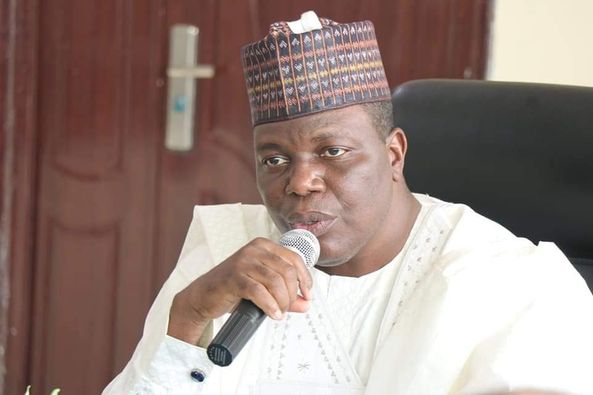African countries have been urged to invest in emerging biotechnology options, leveraging on smart digital tools to advance farming for improved outputs.
Director General (DG) of Nigeria’s National Biotechnology Research and Development Agency (NBRDA) who made this call in a presentation delivered at the 58th International Conference of the Agricultural Society of Nigeria (ASN) said most countries in Africa, like Nigeria, are faced with a tragic food crisis that requires exigent strategies backed with modern technologies to ameliorate.
In his presentation titled, Politics Science & Technology, Innovation Investment, Prof. Abdullahi who was represented by the Director, Agricultural Biotechnology Department at NBRDA, Dr Rose Gidado said, that as of 2021, about 278 million people in Africa face hunger, an increase of 46 million people compared to pre-COVID in 2019.
Narrowing this down to Nigeria, he said, “In the 2023 Global Hunger Index, Nigeria ranks 109th out of the 125 countries with sufficient data to calculate 2023 GHI scores. With a score of 28.3 in the 2023 Global Hunger Index, Nigeria has a level of hunger that is serious,” adding that the Global Hunger Index (GHI) for Nigeria has steadily declined for the past 24 years.
“The latest report on The State of Food Security and Nutrition in the World, co-authored by the UN Food and Agriculture Organization (FAO), shows that Africa bears the heaviest hunger burden compared to other regions,” the NBRDA DG stated.
Prof Mustapha pointed out that the future of agricultural biotechnology is promising, with several emerging trends.
He said Nigeria and the continent can leapfrog these challenges with innovations such as synthetic biology and advanced gene editing techniques, by integrating biotechnological tools with precision farming techniques, and reliance on Digital and Smart Farming that leverages on Artificial Intelligence (AI) and Internet of Things (IoT) to optimize agricultural practices.
“Nigeria must leverage on global collaboration to foster international cooperation and knowledge exchange to address global agricultural challenges,” he said.





